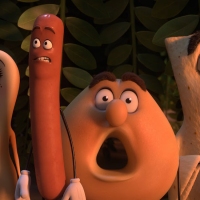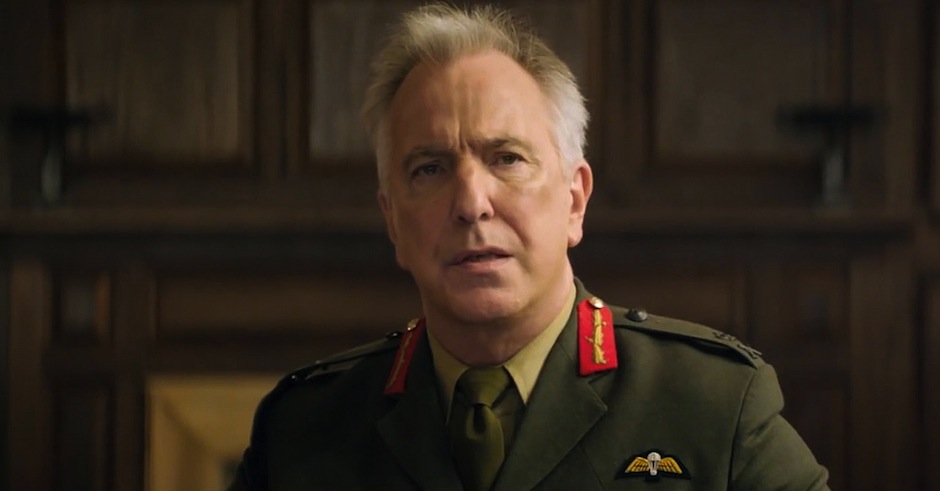 Review: Sausage Party is both 2016's best comedy and best animated filmThe Rogen/Goldberg team does it again.
Review: Sausage Party is both 2016's best comedy and best animated filmThe Rogen/Goldberg team does it again.

Review: Eye In The Sky
Alan Rickman stars in one of his final roles.
On the surface Eye In The Sky might seem like another dodgy Hollywood war movie that heavily overdoses on testosterone and explosions. Thankfully, this isn’t the case. While it took me a while to adjust to seeing Professor Snape (Alan Rickman) and the Queen Elizabeth II (Helen Mirren) dressed in army attire, this film presents a unique insight into the ethics of a phenomenon that is occurring more and more frequently across the world. The United States of America – mostly under the Obama administration, it’s worth noting – has been carrying out drone strikes in Yemen, Somalia, Pakistan and Afghanistan since as early as 2002. In fact, a piece by the Guardian in 2014 pointed to claims by human rights group Reprieve that in the process of killing 41 ‘targets’ in drone strikes, there were in fact 1147 deaths. Further data from The Bureau of Investigative Journalism points to alarmingly high civilian deaths, including hundreds of children in drone strikes in all four of the countries I mentioned earlier. That’s a lot of collateral damage.
Collateral damage is the main ethical dilemma that is examined in the movie. We are party to secret meetings of the upper echelons of the British and US military and high-ranking politicians, as a strike is prepared against ‘radicalised’ British and American nationals who are part of a terrorist organisation planning an attack from a house in Nairobi, Kenya. Using all the modern gadgets (including a flying insect?!?) the strike is planned out and about to commence, until a young girl selling bread gets in the way of it all. Legal and ethical dilemmas of civilian casualties are hashed and re-hashed as the drone pilot raises an issue with the young girl, whose presence alters the “collateral damage estimate” or CDE. In the ensuing debate each politician does their best to avoid making a concrete decision while tossing up probabilities of civilian deaths with potential harm of possible future terrorist attacks. It’s an unenviable position to be in, and one that I wouldn’t wish upon anyone, but it seems that these types of decisions are being made by people in government with frightening regularity in the 21st century.
While the movie focuses on this idea of collateral damage, there are wider and more pressing ethical dilemmas that seep in. Each perspective presented in the film is built on its own set of ethical foundations. I tried to put myself in a variety of positions and found that the moral justifications were less black and white than I’d previously imagined. This is what I like about the film, it makes you think.
Eye In The Sky represents the apparent dehumanisation of modern warfare very well. In 2016, it wouldn’t be unreasonable to assume that targeted killing of people by drone pilots draws more parallels to something you’d play on a video game console than anything that could occur in real life. This film makes an effort to question that assumption – as Rickman says in his final speech: "Never tell a soldier that he does not know the cost of war."
 Review: Sausage Party is both 2016's best comedy and best animated filmThe Rogen/Goldberg team does it again.
Review: Sausage Party is both 2016's best comedy and best animated filmThe Rogen/Goldberg team does it again.
 My Experience Working As A Cam GirlEasy money if you're game.
My Experience Working As A Cam GirlEasy money if you're game.